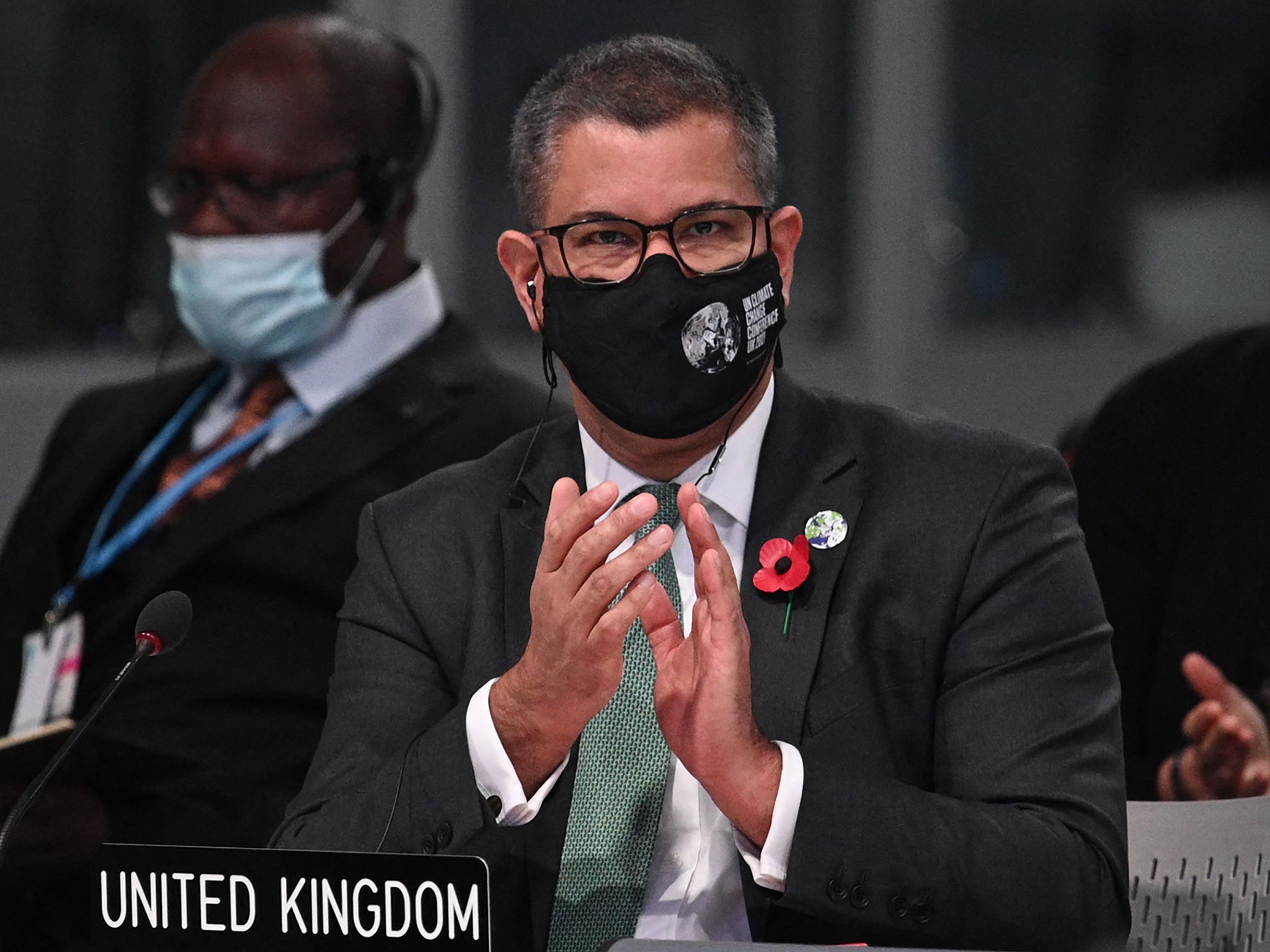The Glasgow deal is not nearly enough, and yet it is so much better than a failure would have been
The final text could go further but some significant achievements have been locked in

In the end, it was better that something was agreed in Glasgow than nothing being agreed. As we feared, the final text was not enough to ensure that the aim of restricting the rise in global average temperatures to 1.5 degrees will be met, although it has not yet been definitively missed either.
The last-minute reservations of the Chinese and Indian governments do not bode well for the next stage of negotiations, which will begin almost immediately. One of the important achievements of the final deal was that it committed all the signatories to come up with enhanced plans for emissions reductions next year. But the absence of Boris Johnson from the delayed final session of the conference told us all we needed to know about whether he thought it had been a success.
There were significant achievements, of course, in that some of the biggest polluters, notably the US and the EU, committed themselves to tougher carbon targets over the next decade. The change of government in the White House has produced a sharp and welcome change of direction, with important green legislation now going through the US Congress. The UK, Japan and South Korea have also tightened up their targets for 2030.
Even Narendra Modi of India agreed to treble the country’s clean energy generation in less than a decade, while Nigeria, South Africa and Vietnam, all emerging industrial nations, also adopted new targets.
The laggards were led by the Chinese government, which refused to update its carbon targets, allowing Indonesia, Brazil and Mexico to hang back. China’s unexpected side-deal with the US during the summit, on methane and deforestation, may or may not herald more such constructive negotiations in future.
And in the end, not enough was achieved in Glasgow to make up for lost time in reaching the $100bn target of climate financing for poorer nations. Hence some of the ringing rhetoric of the long final session of the conference rang hollow.
However, there was always going to be a gap between the high rhetoric and the hard reality of negotiating forms of words acceptable to 197 countries. Brave talk of humanity’s last chance to fulfil its obligations to the generations to come has featured at all 25 previous such summits, and it will feature at the next one, in Egypt. But each time, the peoples of the world and their governments have edged towards dealing with the problem. Not yet with anything like the urgency and speed needed, but still making progress in the right direction, and putting into place the mechanisms that may yet deliver.
Alok Sharma, the British Cop president, was open that not enough progress had been made since the Paris Agreement six years ago. “We are all aware that collectively our climate ambition and action to date have fallen short of the promises made at Paris,” he said. And Senator John Kerry, the US climate envoy, may have overclaimed when he said the Glasgow agreement would “guarantee to our children, our grandchildren and the next generations that we did our job”.
However, the deal agreed in Glasgow kept all the nations of the world on board for an increasingly demanding process that is going in the right direction. It now has the beginnings of a ratchet mechanism, which will make it harder for nations to fall behind and easier for them to speed up.
The deal that was done cannot be called a success. It is not nearly enough, and yet it is so much more than a failure would have been.
Join our commenting forum
Join thought-provoking conversations, follow other Independent readers and see their replies
Comments
Bookmark popover
Removed from bookmarks